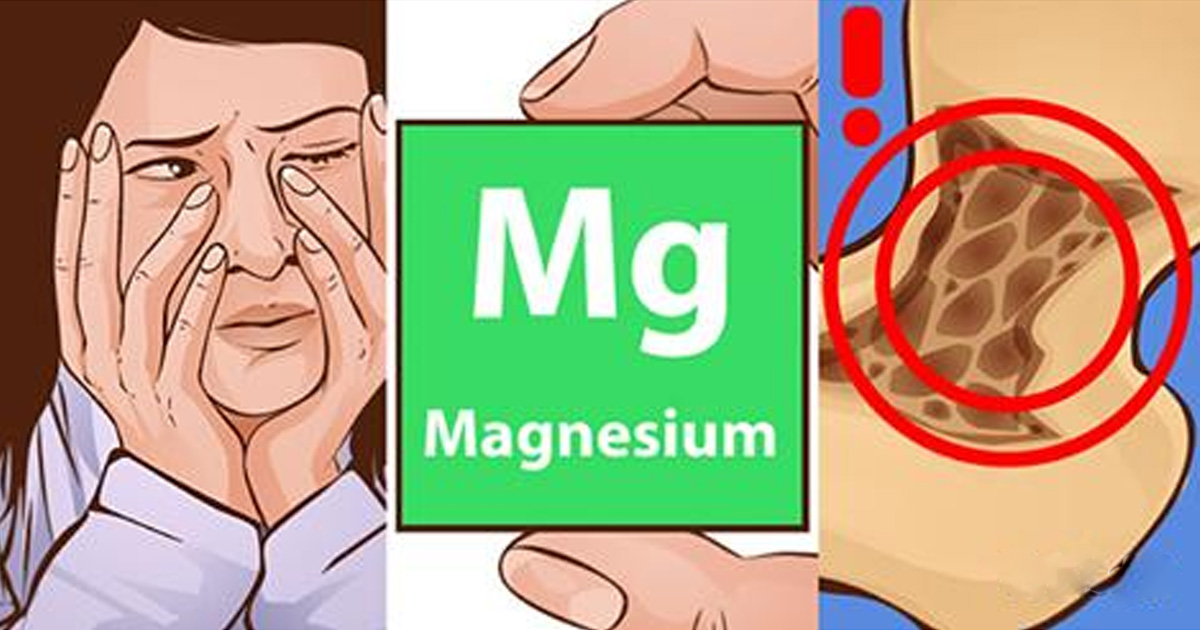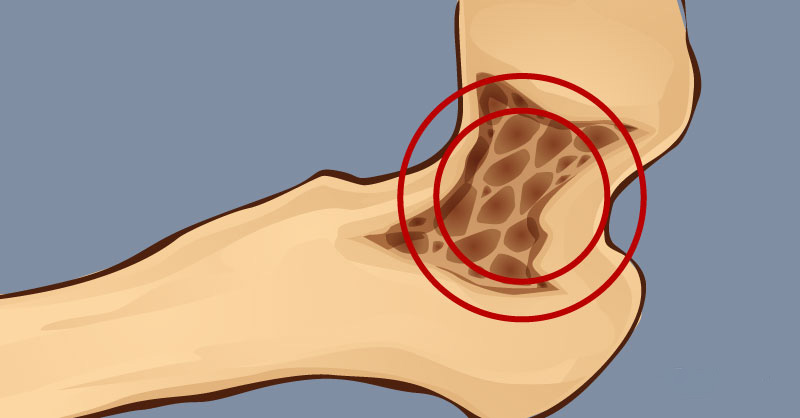Many people underestimate the meaning of magnesium in the human body, whereas, in fact, it is a mineral that keeps blood pressure normal and maintains bones, nerves, and muscles healthy.

According to the National Institutes of Health, teenage girls and men over the age of 70 are the most likely to suffer from a magnesium deficiency.
Even if you are not in either of these categories you still should check your magnesium level, especially if you notice the following eight symptoms:
1. Low energy

Medicine nutritionist Allan Boden claims that magnesium is involved in at least 300 different chemical reactions in our body. Therefore it plays an important role in the energy production, which means that low energy and weakness may be the symptoms of the magnesium deficiency.
2. Muscle cramps and contractions
We have already mentioned that magnesium plays an important role in keeping muscles healthy. Habitually low intake of this mineral can result in unintentional muscle movements like twitching or cramping.
3. Regular headaches

Medical researchers have indicated that about 50% of people who suffer from migraines have lower levels of magnesium, while other studies have proved that regular intake of this mineral sufficiently reduces the frequency of migraine attacks.
4 Insomnia
Problems with falling asleep can be closely connected to the fact that your body experiences the lack of magnesium, especially if you are under stress. Nervous tension increases blood pressure and heart rate, if this situation is accomplished by the low levels of magnesium which restricts the release of stress hormones, sleeping becomes a problem.
5 Anxiety

As mentioned above, magnesium controls stress hormones acting as a filter to prevent them from entering our brain. Dr. Carolyn Dean claims that the deficiency of this mineral can cause anxiety and even panic attacks.
6. Low bone density

According to the recent researches, even a mild deficiency of magnesium may be a leading risk factor for osteoporosis.
7. High blood pressure

“Eating foods with magnesium can help prevent high pressure in people with prehypertension,” says WebMD.
8. Type 2 diabetes
“People with higher amounts of magnesium in their diets tend to have a lower risk of developing diabetes,” says the NIH (the National Institutes of Health).
If you suspect you have the magnesium deficiency, it is still advisable to consult your doctor before taking any supplements or adjusting your diet.
Take care of yourself!





